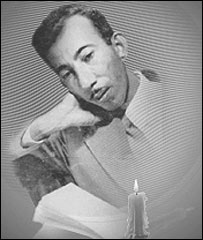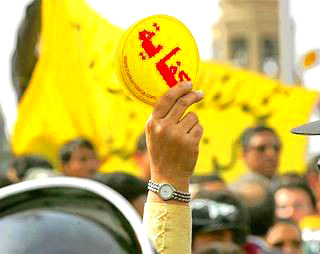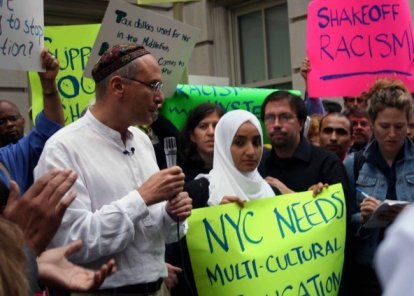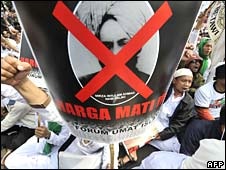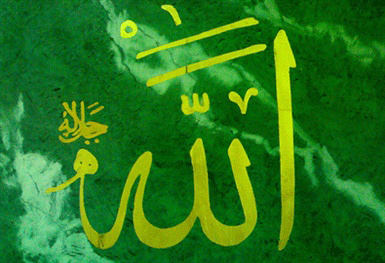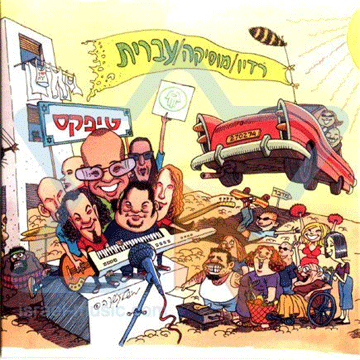
TO BANISH THE “LEVANTINE DUNGHILL†FROM WITHIN: TOWARD A CULTURAL UNDERSTANDING OF ISRAELI ANTI-IRAN PHOBIAS
By Haggai Ram, International Journal of Middle East Studies 40 (2008), 249–268.
Held since 1956, the Eurovision Song Contest is an annual event traditionally dedicated to the eternal themes of love, peace, and harmony. Yet Israelis asked to pick a song for the 2007 contest in Helsinki paid little heed to these themes. Instead, they settled for “Push the Button,†a controversial number by an Israeli punk group called Teapacks; the song is generally understood as a description of life under the threat of a nuclear-armed Iran with its “crazy rulers.†Meanwhile, an Israeli fashion house (Dan Cassidy) commissioned a series of photos at a construction site in southern Tel Aviv that showed a topless model lying in a pit. The project was designed as a warning against the “holocaust†that would follow Iran’s possible nuclear attack on Israel; the pit, as the project’s creative director explained, represented “the mass grave of complacent Tel Aviv residents.†Continue reading TO BANISH THE “LEVANTINE DUNGHILL†FROM WITHIN
